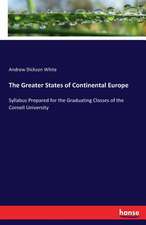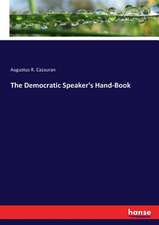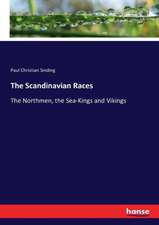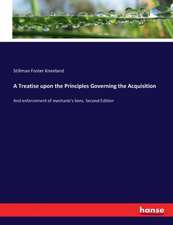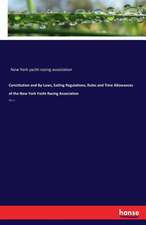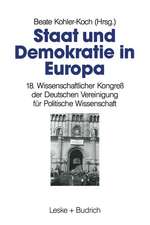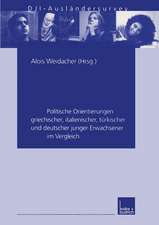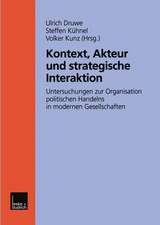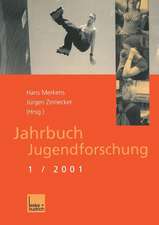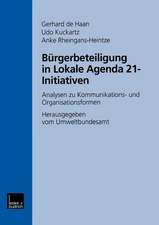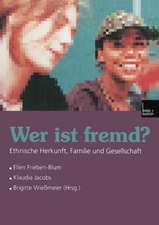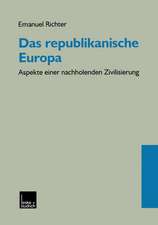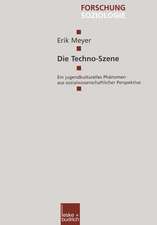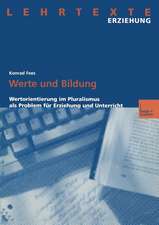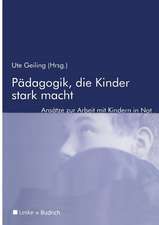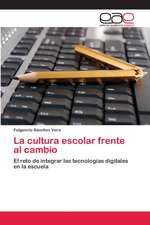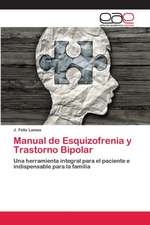Dogs and Cats in South Korea: New Directions in the Human-Animal Bond
Autor Julien Dugnoilleen Limba Engleză Paperback – 14 dec 2021
| Toate formatele și edițiile | Preț | Express |
|---|---|---|
| Paperback (1) | 386.24 lei 6-8 săpt. | |
| Purdue University Press – 14 dec 2021 | 386.24 lei 6-8 săpt. | |
| Hardback (1) | 587.31 lei 6-8 săpt. | |
| Purdue University Press – 15 dec 2021 | 587.31 lei 6-8 săpt. |
Din seria New Directions in the Human-Animal Bond
-
 Preț: 78.96 lei
Preț: 78.96 lei -
 Preț: 143.31 lei
Preț: 143.31 lei -
 Preț: 160.85 lei
Preț: 160.85 lei -
 Preț: 234.03 lei
Preț: 234.03 lei -
 Preț: 68.03 lei
Preț: 68.03 lei -
 Preț: 223.03 lei
Preț: 223.03 lei -
 Preț: 108.85 lei
Preț: 108.85 lei -
 Preț: 138.14 lei
Preț: 138.14 lei -
 Preț: 159.16 lei
Preț: 159.16 lei -
 Preț: 120.18 lei
Preț: 120.18 lei -
 Preț: 133.80 lei
Preț: 133.80 lei -
 Preț: 90.72 lei
Preț: 90.72 lei -
 Preț: 362.70 lei
Preț: 362.70 lei -
 Preț: 194.45 lei
Preț: 194.45 lei -
 Preț: 84.32 lei
Preț: 84.32 lei - 5%
 Preț: 89.29 lei
Preț: 89.29 lei -
 Preț: 209.82 lei
Preț: 209.82 lei -
 Preț: 193.33 lei
Preț: 193.33 lei -
 Preț: 151.99 lei
Preț: 151.99 lei - 5%
 Preț: 176.58 lei
Preț: 176.58 lei -
 Preț: 110.52 lei
Preț: 110.52 lei -
 Preț: 103.05 lei
Preț: 103.05 lei - 5%
 Preț: 318.89 lei
Preț: 318.89 lei -
 Preț: 81.47 lei
Preț: 81.47 lei -
 Preț: 339.02 lei
Preț: 339.02 lei -
 Preț: 149.54 lei
Preț: 149.54 lei -
 Preț: 232.60 lei
Preț: 232.60 lei -
 Preț: 159.72 lei
Preț: 159.72 lei - 5%
 Preț: 264.11 lei
Preț: 264.11 lei -
 Preț: 264.39 lei
Preț: 264.39 lei -
 Preț: 144.67 lei
Preț: 144.67 lei -
 Preț: 141.14 lei
Preț: 141.14 lei -
 Preț: 189.62 lei
Preț: 189.62 lei -
 Preț: 266.11 lei
Preț: 266.11 lei
Preț: 386.24 lei
Nou
Puncte Express: 579
Preț estimativ în valută:
73.91€ • 77.16$ • 61.17£
73.91€ • 77.16$ • 61.17£
Carte tipărită la comandă
Livrare economică 05-19 aprilie
Preluare comenzi: 021 569.72.76
Specificații
ISBN-13: 9781612497051
ISBN-10: 1612497055
Pagini: 210
Dimensiuni: 152 x 229 x 12 mm
Greutate: 0.29 kg
Editura: Purdue University Press
Seria New Directions in the Human-Animal Bond
ISBN-10: 1612497055
Pagini: 210
Dimensiuni: 152 x 229 x 12 mm
Greutate: 0.29 kg
Editura: Purdue University Press
Seria New Directions in the Human-Animal Bond
Notă biografică
Julien Dugnoille is a senior lecturer in anthropology at the University of Exeter. He received his DPhil in anthropology from Oxford. For nearly a decade, much of his work has been dedicated to examining the place of dogs and cats in South Korean society and culture, a particularly complex and interesting research area that touches on cultural relativism and imperialism, the use of animals in national identity rhetoric, the legitimacy of food taboos, speciesism, and the question of violence within the debates between welfarist and abolitionist approaches to human-animal interactions.



